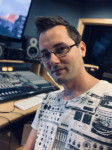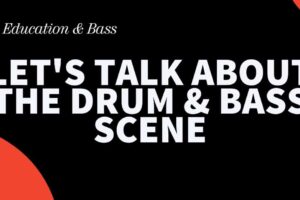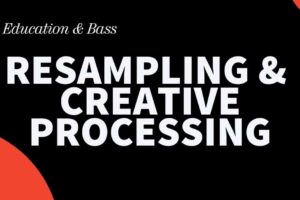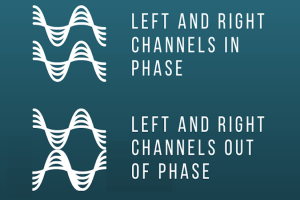RSL Grade 2
RSL Grade 2
Topics Covered: Studio Equipment, DAWs, Operating Systems and File Formats, Microphone Basics, EQ, Tones and Semitones, Chords, Time Signatures.
Genres: Metal, Blues
Theory (25% of overall grade)
At Grade 2 the theory content covered will include subject areas such as identifying studio hardware, digital file formats, digital connectivity, software components, DAW concepts & capabilities, microphones, non-linear editing concepts, EQ controls and hearing physiology.
At Grade 2 candidates will be expected to:
- Identify studio equipment from descriptions, to include mixing desks, computers, microphones, patchbays, outboard effects
- Identify file formats from their suffix, to include Waveform, Audio Interchange File Format, Mpeg-2 layer 3, Logic Pro, Pro Tools
- Identify connections to include Phono/RCA, XLR, ADAT lightpipe, USB, 5 pin DIN
- Identify software and functions, to include operating systems, system preferences, Apple App store, Apple Mac Finder
- Identify the purpose of a DAW
- Identify types of microphone, to include Dynamic, Condenser, Valve, Ribbon
- Identify appropriate purposes for types of microphone, such as for gig vocals, kick drums, and appropriate use of phantom power
- Identify the different types of DAW track, to include Audio Track, Instrument Track, MIDI Track, Auxiliary Track, Automation
- Identify basic editing functions to include cut, copy, paste, delete, duplicate
- Identify both natural and electrical sound sources and receptors, including the meaning of the word ‘Transducer’
Listening Test (15% of overall grade)
The listening test will present candidates with questions relating to sonic fidelity, music theory and harmony and stylistic awareness. Audio files will be presented to the candidates and questions will relate specifically to the relevant audio file. This will assess the candidate’s ability to hear and interpret:
Sonic Fidelity
Identifying timing and tuning flaws in a performance.
Music Theory & Harmony
Identifying major and minor triads and basic time signatures.
Stylistic Awareness
Identifying specific genres.
At Grade 2 candidates will be expected to:
- Identify which instrument within a mix is out of tune with the other musicians
- Identify which instrument within a mix is out of time with the other musicians
- Identify out of time drum loops
- Identify major and minor triads
- Identify basic time signatures: 4/4 & 3/4
- Identify common Western music genres from a choice of two: blues and metal
Practical Assessment (60% of overall grade)
The Coursework Task combines:
Technical Skills
At Grade 2 the technical skills will centre around MIDI programming using software instruments and basic mix technique.
Coursework Task
The candidate will be presented with a situation and must choose and implement appropriate technique to resolve the scenario. At Grade 2 the scenario will require candidates to rearrange provided audio and MIDI loops.
Candidates must complete the Coursework Task before their exam and will be asked to upload the Task and the screen shots specified in the Coursework Task, during the exam. The completed session files must be appropriately named, saved and shared with your examiner as instructed, including all associated audio files. It is vital that candidates are able to accurately save their work as failure to do so will result in an unclassified mark.
Candidates will need to answer questions regarding the Task during the exam. These will focus on:
- The skills used to complete the Task
- How candidates approached the professional nature of the Task
- How candidates interpreted the creative elements




